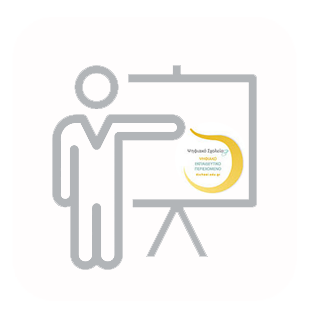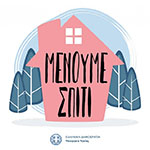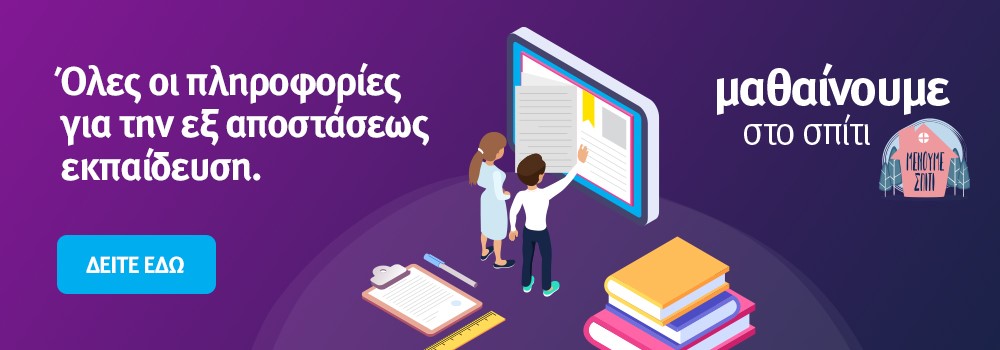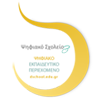Υπενθυμίζουμε ότι η μηδενική χρέωση μέσω κινητής τηλεφωνίας ισχύει για τις ιστοσελίδες που αναφέρονται στο
(δελτίο τύπου του ΥΠΑΙΘ), όπου περιλαμβάνονται τα Διαδραστικά Σχολικά Βιβλία ( e-books.edu.gr ), η κεντρική πύλη αναζήτησης ΦΩΤΟΔΕΝΤΡΟ ( photodentro.edu.gr ) και όλα τα Αποθετήρια Εκπαιδευτικών Πόρων Φωτόδεντρο ( photodentro.edu.gr/lor , photodentro.edu.gr/video , photodentro.edu.gr/edusoft , photodentro.edu.gr/ugc , photodentro.edu.gr/oep , photodentro.edu.gr/i-create ).
Η προβολή περιεχομένου που φιλοξενείται σε εξωτερικά αποθετήρια ή ιστοσελίδες εκτός των παραπάνω ή το άνοιγμα συνδέσμων που οδηγούν σε εξωτερικό περιεχόμενο δεν υπάγονται στη μηδενική χρέωση.
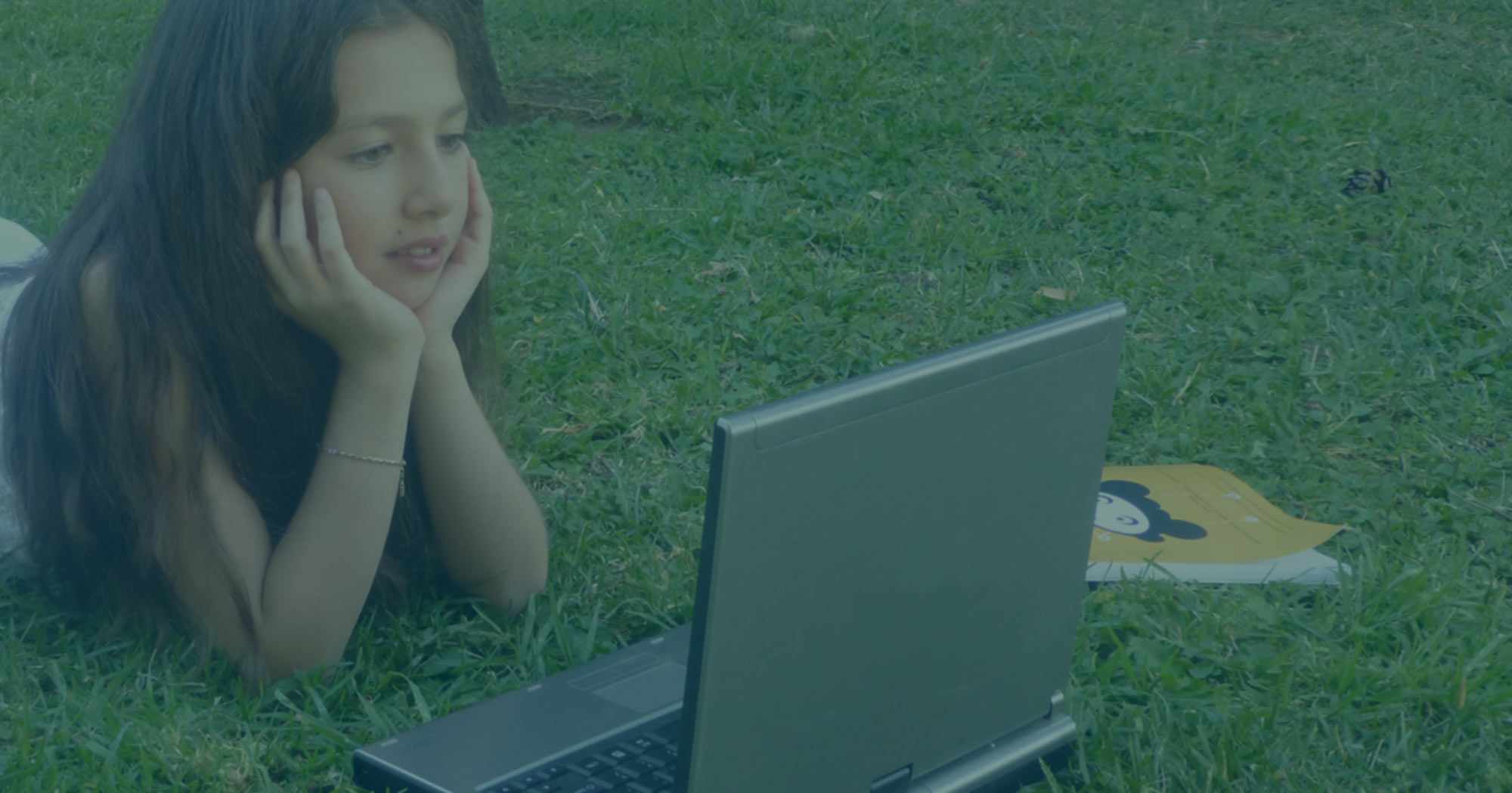
ΠΕΡΙΓΡΑΦΗ ΚΑΙ ΣΤΟΧΟΙ
Περιγραφη
 Think Teen - 2nd Grade of Junior High School (Προχωρημένοι) consists of the Student's Book, the Workbook, the Teacher's Book and the Audio CD.
Think Teen - 2nd Grade of Junior High School (Προχωρημένοι) consists of the Student's Book, the Workbook, the Teacher's Book and the Audio CD.
The Student's book is divided into eight Units, each of which comprises three lessons. Each Unit focuses on a central topic or theme, which links the three lessons and leads to an extended project. This topic or theme functions as an "umbrella", under which relevant topics or subthemes come together to form the contents of the unit.
Each lesson is designed to cover approximately three teaching periods. It follows a specific structure, which includes activating Ss' prior knowledge, discussing concepts, exploring the topic through a variety of activities integrating the four main skills, reinforcing language, practising new forms with guidance and then more independently, assessing and presenting work.
The development of skills is very important within the cross-thematic approach. A typical lesson is
arranged into the following main sections: reading, listening, writing, speaking, language focus, and a project (not necessarily in a linear order). Ss engage in communicative language activities involving reception, production, interaction and mediation. The activities provide opportunities for Ss to work individually, in pairs, in groups or as a whole class.
Αναλυτικο Προγραμμα
Στοχοι
- Developing communicative competence
- Developing cultural awareness
- Developing lifelong learning strategies
- Integrating English with other subjects
ΠΕΡΙΓΡΑΦΗ ΚΑΙ ΣΤΟΧΟΙ ΑΝΑ ΕΝΟΤΗΤΑ ΜΑΘΗΜΑΤΟΣ
Unit 1: Unity in diversity
 In this Unit you will:
In this Unit you will:- read about people, cultures and famous buildings
- listen to children talk about their countries and lifestyles
- enter a story competition
- talk about people and places
- write descriptions
- do a project on countries and cultures
Unit 2: Echoes of the past
 In this Unit you will:
In this Unit you will:- read about ancient civilisations and world mysteries
- listen to scientists talk about ancient cities
- talk about life in the past
- write a story
- enter an art competition
- do a project on world mysteries
Unit 3: Time out
 In this Unit you will:
In this Unit you will:- read about adventure holidays, theme parks and sports
- listen to people talk about holidays
- talk about travel, entertainment and sports
- write a personal letter
- make a leaflet about your area
- do a project on sports, athletes and the Olympic Games
Unit 4: Let's change our schools
 In this Unit you will:
In this Unit you will:- read about school life
- listen to students from another country talk about their school
- talk about schools of the past and schools of today
- write a report about your school
- participate in a debate
Unit 5: The arts!
 In this Unit you will:
In this Unit you will:- read about famous paintings, music and the theatre
- talk about styles of art and kinds of music
- write a biography
- do a project on famous artists
- dramatise a scene
Unit 6: Healthy living
 In this Unit you will:
In this Unit you will:- read about school canteens, 'green' vehicles and 'green' schools
- talk about healthy eating habits, fitness and ecology
- listen to students talk about how they saved energy in their school
- write an e-mail to a friend giving him/her advice and encouragement
- make a questionnaire
- do a project to make your school 'greener'
Unit 7: Embracing our world
 In this Unit you will:
In this Unit you will:- read about friends and people who care for others
- read and listen to poems
- listen to stories about amazing people
- talk about friendship
- write an e-mail to a school partner
- learn how to participate in an eTwinning Project
Unit 8: Welcome to the world
 In this Unit you will:
In this Unit you will:- join some students on a journey round the world
- look at interesting photos and learn about people and places
- plan an afternoon out with your friends
- send a virtual postcard
- read a poem
